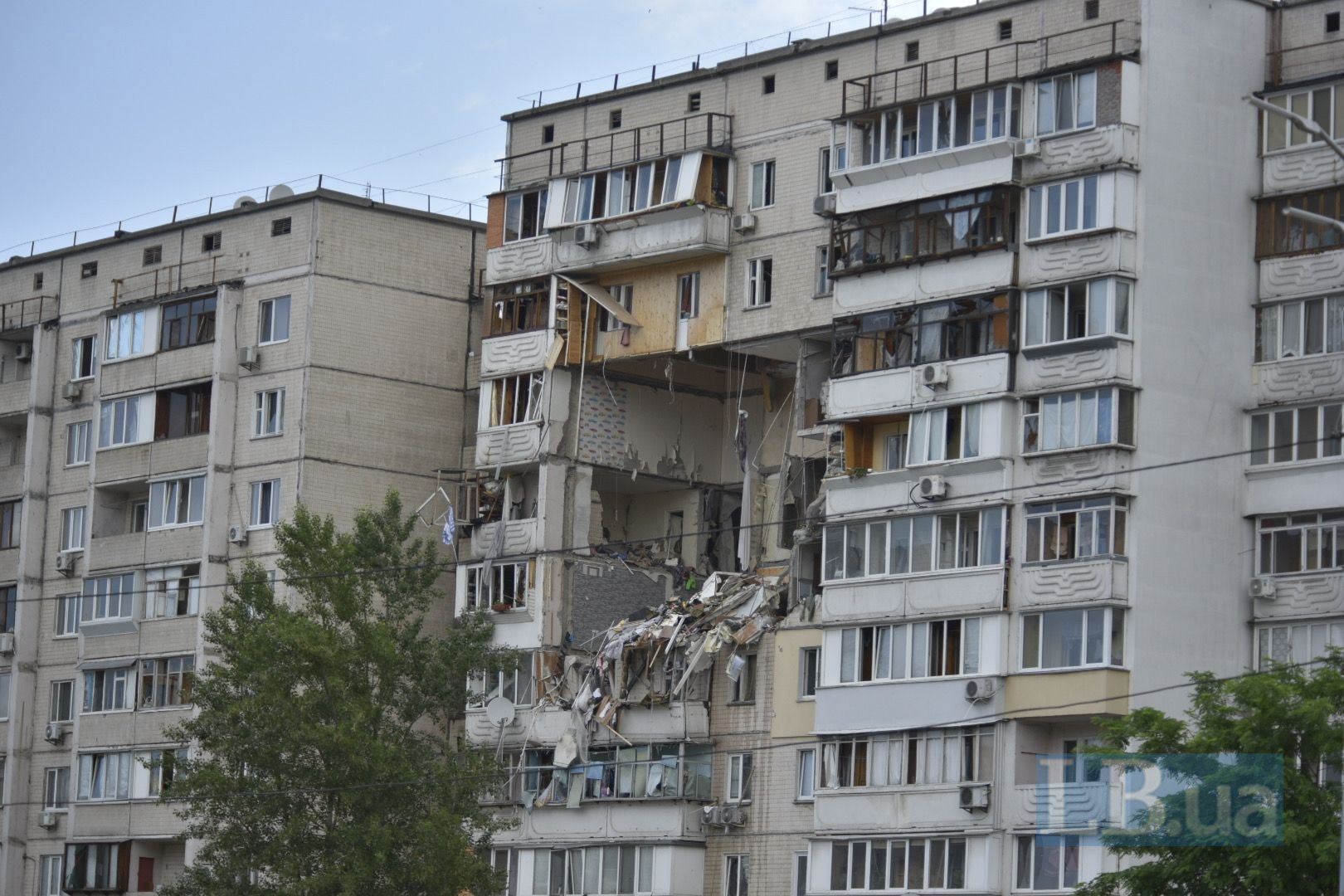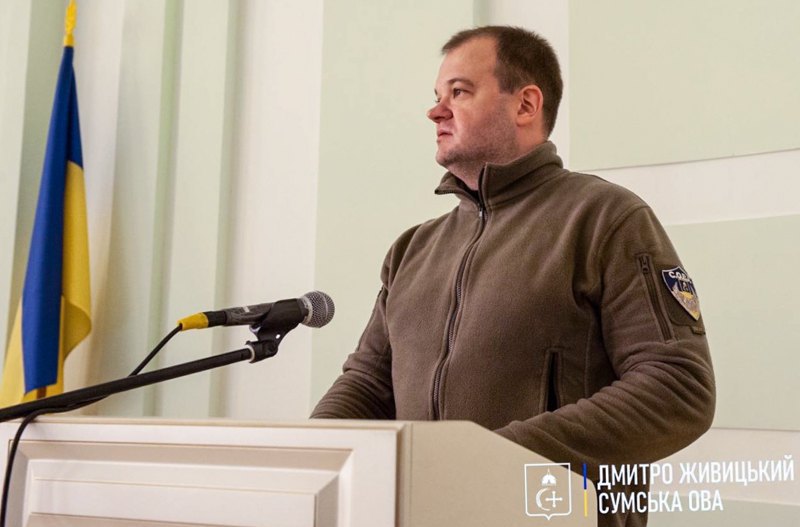
What is the new tariff?
The government has put tariff innovations for consumers under the Christmas tree. It introduced another, third, gas bill. In addition to separate bills for the cost of natural gas and its delivery. And as early as 2024, Ukrainians will also pay for the maintenance of intra-house networks. Simply put, you'll have to pay for the inspection and maintenance of pipes.
"Apartment owners are only going to be charged a subscription fee for the maintenance of gas networks that are common property. That is, gas pipes that start from the locking device at the entrance to the house and up to the point of connection to apartments. Why should they pay for this? Many people are surprised by the lack of logic or even unfairness of the new payment. Some are outraged that it has just been made up. However, the law has been providing for the maintenance of intra-house networks for a long time," explained Kateryna Plotnikova, an expert at the Gazpravda consulting centre.
Nothing new
A fee for the maintenance of pipes in high-rise buildings is not new. Ukrainian consumers had already been paying such a bill until 2020, when the government started building the gas market. As a condition to joining the European Union, the government divided the cost of fuel and its transportation into separate bills. They simply forgot about the fee for pipe inspection. The state withdrew itself, and consumers mostly ignored this gap. Regional gas companies, which were supposed to check the pipes, were not particularly active either.
"The return of this payment is very good. This is safety for an apartment building. Previously, these funds were included in the tariff, and when the reform took place - I would call it under-reform - this payment was forgotten. Why was it forgotten? Because regional gas companies, no matter who owns them, want the money to be collected by condominiums or managing companies and transferred once - in one payment. That's why we've been fighting for five years," said Tetyana Boyko, coordinator of housing, utility and energy programmes at the Civil Network OPORA.

The pipes have been disowned for years
This long-term delay has had consequences for the residents of high-rise apartment buildings. For example, in Kyiv, when 15,000 consumers in 70 buildings were left without gas in early autumn. They were cut off because Kyivgaz had concerns about the house networks. It claimed that the residents had failed to maintain the pipes and that this had led to emergencies.
"Before that, gas services used to visit only to fix an accident or a gas leak. There were a lot of abuses by regional gas companies in Kyiv and across Ukraine - disconnecting houses, forcing people to sign maintenance contracts. These documents did not exist at the time, while they were supposed to be standardised. And the prices were very different. For example, in Odesa, it was 20,000 and over for a 9-storey building. But in Poltava, the fee for such a house is 5,000 per year. It is clear that regional gas companies, as a monopoly, were trying to make money. This is on the one hand. And on the other hand, they were somehow protecting themselves," explained Roman Huchenko, Vice President of the All-Ukrainian Council of Condominium Heads.
There were also tragic consequences. In some places, in-house networks were left without adequate maintenance, which led to gas explosions in high-rise buildings. For example, as happened in Kyiv in June 2020, when an explosion destroyed several apartments and killed five people. Kyivgaz employees were under investigation.

A year later, a gas explosion killed three residents and badly damaged a house in Nova Odesa, Mykolayiv Region. The investigation lasted several months. In the end, the expert commission found that there was a dangerous concentration of gas-air mixture in the building. And it had accumulated because the building's networks had not been checked in time. Another reason for the tragedy was that no one had inspected or cleaned the chimneys and ventilation system.
"Two explosions in Kyiv, in Kropyvnytskyy, Nova Kakhovka, Kyiv Region. All of these were gas explosions. They happened primarily because gas networks were not maintained. Gas leaked, explosions occurred, and unfortunately, people died. Now there will be changes. But there are some points in the legislation that I would like to draw your attention to. For example, in order to choose a company that will maintain the networks, a general meeting must be held to determine the company. This is a big problem because we have millions of refugees. How do you hold a general meeting in such circumstances? There are no people physically present. Even before the war, it was quite a quest to hold them," said Oleh Popenko, chairman of the Union of Consumers of Public Utilities.

Who will check the pipes now?
The legislation offers consumers two options. The first is that regional gas companies can inspect networks in houses. Most regional gas companies have already become subordinate to state-owned Naftogaz. Therefore, consumers can sign contracts with the national operator, Gas Networks of Ukraine.
The second option is other companies that have special licences to maintain gas pipes and equipment. The energy regulator has already published a standard agreement.
At this stage, the state has essentially shifted responsibility for the networks to the residents themselves. Now their main task is to get organised and contact the manager of their building, say, a condominium. Then they have to elect an authorised person. And this person will be in constant contact with the company, which is supposed to check the networks.
If the residents of a house entrusted their gas pipes to a private company and signed a contract with it, they are obliged to notify the state-owned company Gazmerezhi (formerly oblgaz). And if they do not hold a meeting at all and do not choose any company, they will automatically be served by the national operator.

The legislation provides a clear list of responsibilities for companies that maintain networks in buildings. Their specialists must routinely inspect the density of the gas system of a high-rise building. They also have to make sure that the equipment is tight and eliminate gas leaks. After the inspections, specialists must draw up a special report. The document should contain a list of violations, and most importantly, the company should suggest ways to solve the problems.
It should be remembered that regional gas companies are responsible for networks from the entrance to the house to the apartment door. They can work in other areas, inside the consumer's apartment, but under separate contracts and for payment. The same is true for the verification or replacement of meters and the cleaning of ventilation ducts.
How often will pipes and equipment be inspected? It all depends on their service life, explained the press service of the national operator Gazmerezhi. Routinely this should be done every three years if the networks are more than 25 years old. If the pipes and equipment are newer, the inspection will be held every five years.
The schedule of inspections is individual for each building and should be made public in advance. However, there is a problem.
"The procedures and laws are clear and precise. But one mistake was made. There are a lot of high-rise buildings, and regional gas companies will not be able to service all of them at once, in one go. They were given the opportunity to identify the oldest or most dilapidated buildings in several stages. They had to check such and such a number this year, and the next year. They had to make a schedule, and it had to be approved by the State Inspectorate for Energy Supervision. But it was not given such functions. That is, there was a deadlock," said Roman Huchenko, vice president of the All-Ukrainian Council of Condominium Heads.

How much will we pay?
The tariff is calculated in a complicated manner. The legislation prescribes the formula in detail. It takes into account many technical aspects.
The national operator Gazmerezhi has already started publishing tariffs for the maintenance of in-house networks. They are individual for each high-rise. The amounts so far vary from UAH 100 to UAH 1,000 per year per apartment. There are several trends: the more apartments there are in a building, the lower the fee can be.
But there are two options for this payment. Either each apartment pays separately for itself. Or the building manager, for example, a condominium, pays the company as a single payment for everyone.
"The condition of the gas supply system inside the house will be monitored by professionals. Networks will be checked for possible gas leaks, and faults will be eliminated. The cost of preventive maintenance will be much lower than the cost of repairs when a disaster occurs and the problem needs to be solved urgently," said the press service of the national operator Gas Distribution Networks of Ukraine (Gazmerezhi).
What about private households?
Residents of estates will not be charged additional gas bills for the time being. Consumers themselves are responsible for the networks in private houses. And regional gas companies are not obliged to carry out repairs or inspections at their own expense - this is what the law says. That is, the consumer must enter into a separate agreement with the company and pay for its services. However, there is another legal gap. The state has not developed a standard agreement. If the owner of the estate does not bother to sign at least some document, the gas supplier has every right to cut off gas supply. This is the procedure that lawmakers have spelled out in detail. However, it does not work either. Because there is still another confusion: where does the consumer's area of responsibility begin? For example, from the point where the pipe enters the yard or after the valve on the house? The law does not yet provide an answer.







